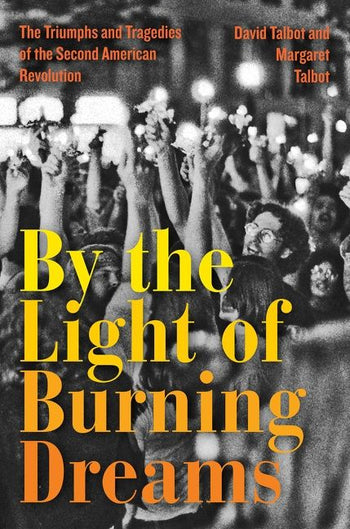For the American left of the 1960s and early 1970s, the past refuses to stay past. Two of the most popular films nominated for Best Picture this year—Shaka King’s Judas and the Black Messiah and Aaron Sorkin’s The Trial of the Chicago 7—daubed the radicals of that era in seductively heroic hues. Reports of last summer’s massive protests against police killings of African Americans often evoked the civil rights and Black Power movements led by figures such as Martin Luther King Jr., Stokely Carmichael, and Angela Davis. Unknowingly or not, contemporary critics and defenders of wokeness are recapitulating the old arguments about political correctness that first erupted during the Nixon presidency. And the recent meteoric growth of Democratic Socialists of America—now approaching 100,000 members—was last matched on the left by Students for a Democratic Society, the mostly white group of similar size that boomed with the escalation of the Vietnam War and then imploded into warring sects before the decade ended.
Yet, persistent memories are not evidence of enduring success. The fundamental question to ask about the New Left, in whole or in fragments, is the same one that should be posed about any social movement: So what? Did the actions of radicals transform the nation in any fundamental way? Or did they blaze too quickly across the landscape, drawing more than their share of media attention while provoking the anger of “Middle Americans” who responded by electing the likes of Richard Nixon and Ronald Reagan to run the country? How should we balance the accomplishments of the New Left with its failure to build a sturdy rival to the cautious liberals and confident neoliberals who have dominated the past half-century of U.S. politics and governance?
David Talbot and Margaret Talbot, siblings and veteran journalists, have crafted a book of personal narratives rich with the kinds of details that might help answer such queries. Beginning with the activist-celebrity couple Tom Hayden (an SDS founder) and Jane Fonda, the Talbots move briskly to chronicle the lives, loves, and occasional second thoughts of leading figures in the Black Panther Party, the women’s liberation movement, the California farmworkers’ union, the gay rights movement, and the American Indian Movement. John Lennon and Yoko Ono get their own chapter, too, illuminating how, after the Beatles’ breakup, the duo promoted left-wing causes with their words, music—and oodles of cash.
